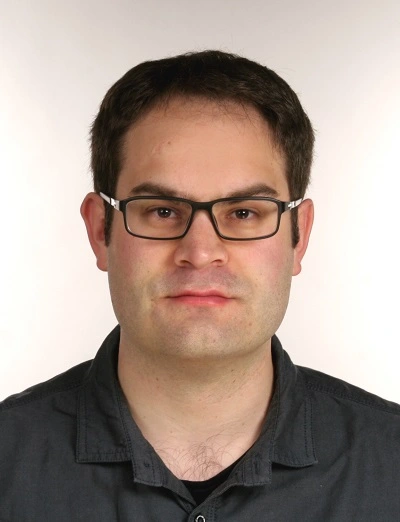Christoph Klose

Neuro-immune interactions at barrier surfaces
Abstract
The nervous and immune systems, as primary sensory units, continuously monitor tissue integrity and respond to disturbances. Recent research has uncovered signaling pathways through which the nervous system regulates ILCs and type 2 immune responses, involving neuropeptides and neurotransmitters. ILCs, predominantly found at mucosal barriers, play crucial roles in immune responses, yet their neuronal control remains poorly understood.
To investigate this interaction systematically, we’ve developed advanced genetic tools enabling experimental manipulation. By integrating cutting-edge technologies in immunology, neuroscience, and genomics, our goal is to elucidate neuro-immune interactions and identify potential therapeutic targets.
Biography/Link
Christoph Klose earned his Ph.D. in Molecular Medicine from Albert-Ludwigs-University, Freiburg, in 2007. Following post-doctoral training at Weill Cornell Medicine, New York City, he established an independent research group at the Department of Immunology, Charite – Universitatsmedizin Berlin. His research significantly advanced our understanding of innate lymphoid cells (ILCs) by demonstrating their parallels with T cells and identifying key regulators of type 2 immune responses.
His current focus is on dissecting ILC functions and exploring interactions between the immune and nervous systems. Dr. Klose received the Robert-Koch post-doctoral immunology award in 2015 and has been recognized as a highly cited researcher since 2020. Funding for his work comes from an ERC grant and the Emmy-Noether program of the German Research Foundation.
